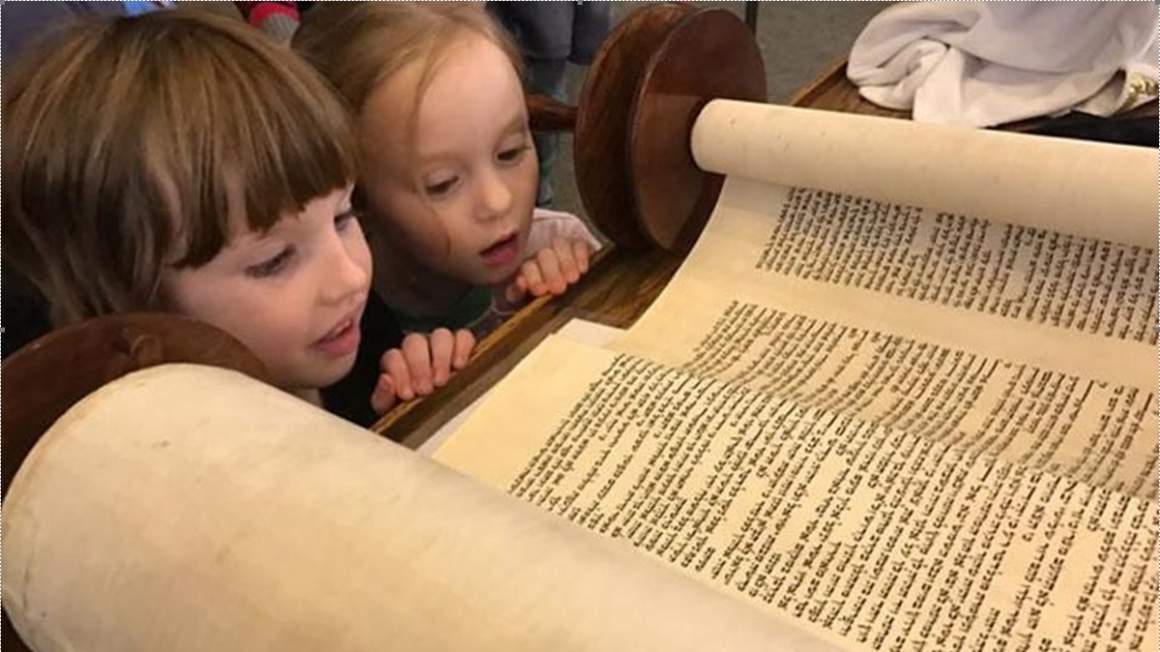
The Road to Immortality
A recent essay in the Jewish Journal referenced an author’s account of comments by and interactions with Dr. Lubliner, a teacher of his as a student at a Los Angeles Hebrew school, generations ago. The reference caught my eye, as I, too, was a student of Dr. Lubliner in Los Angeles of the 1960s. A survivor of the Shoah, Dr. Lubliner and his wife, Dora, also a survivor, moved to Los Angeles in 1950.
The Journal article recounted the impact on the student who wrote of his encounters with Dr. Lubliner of his teacher’s faith in God and the ultimate triumph of justice, notwithstanding the horrific experiences he had endured and witnessed. As a young student, I knew Dr. Lubliner as a European born and educated man of considerable learning, who shared his love and deep knowledge of Hebrew with the post-World War II baby boom generation of American born Jewish children he taught. Thinking of Dr. Lubliner evoked memories of contemporaneous Jewish learning experiences, augmenting the three days per week after school instruction that Dr. Lubliner and others provided at a neighborhood congregation. Weekly youth group activities, summer camp, and synagogue participation were all part of the fabric of year ‘round Jewish learning and living experiences that began at home and extended to multiple settings beyond.
On that backdrop, I read with interest various papers published by the L.A. Jewish Federation as an outgrowth of the 2021 Study of Jewish L.A. it commissioned. Looking at school aged Jewish children, K-12, the study found that 53% of children participated in some form of Jewish educational activity over a 14 month period (spanning two summers), 2021-2022. Such activity might have included school attendance, youth group participation, attending a Jewish day or overnight camp, private tutoring, or some combination of experiences. Without probing the depth or impact of the experiences of the 53% of Jewish children engaged in some manner of Jewish education, it is heartening to know that more than half of Jewish school aged children annually share in Jewish learning opportunities in some way(s); clearly, work remains to encourage the participation of families not yet experiencing the value of such engagement in the lives of their children.
Reflecting on Dr. Lubliner at this time of year also leads me to thinking about the 171 high school seniors enrolled in BJE’s March of the Living program. Many are participants in other Jewish learning experiences; for some, preparing for and journeying (to Poland and Israel) on March of the Living will be the extent of their 2022-2023 Jewish educational engagement. For all participants, the experience will evoke thought and reflection and forge lasting memories of profound transformations of Jewish life in the 20th century, with enduring impact.
Rabbi Jonathan Sacks aptly notes that “Moses realized that a people achieves immortality not by building temples or mausoleums, but by engraving their values on the hearts of their children, and they on theirs, and so on until the end of time.” Jewish education is not merely about the continuity of a people, it is about endowing the life of the learner with meaning. Bible scholar Moshe Greenberg writes: “A Jewish education worthy of the name will address the hunger of the learner to know ‘whence he came and whither he is going.’” Jewish education is, perhaps, the greatest gift we can share with our children and grandchildren. In the words of Rabbi Emanuel Rackman, “I love being Jewish, living a Jewish life and sharing the past, present, and future of my people, because it is the best way I know to be truly human…. And what I love I want my offspring to have. It is the most valuable heritage I can bequeath to them.”
For a listing of the many Jewish educational opportunities for children and families in Los Angeles, see www.JKidLA.com; please consider sharing the link with a friend.
